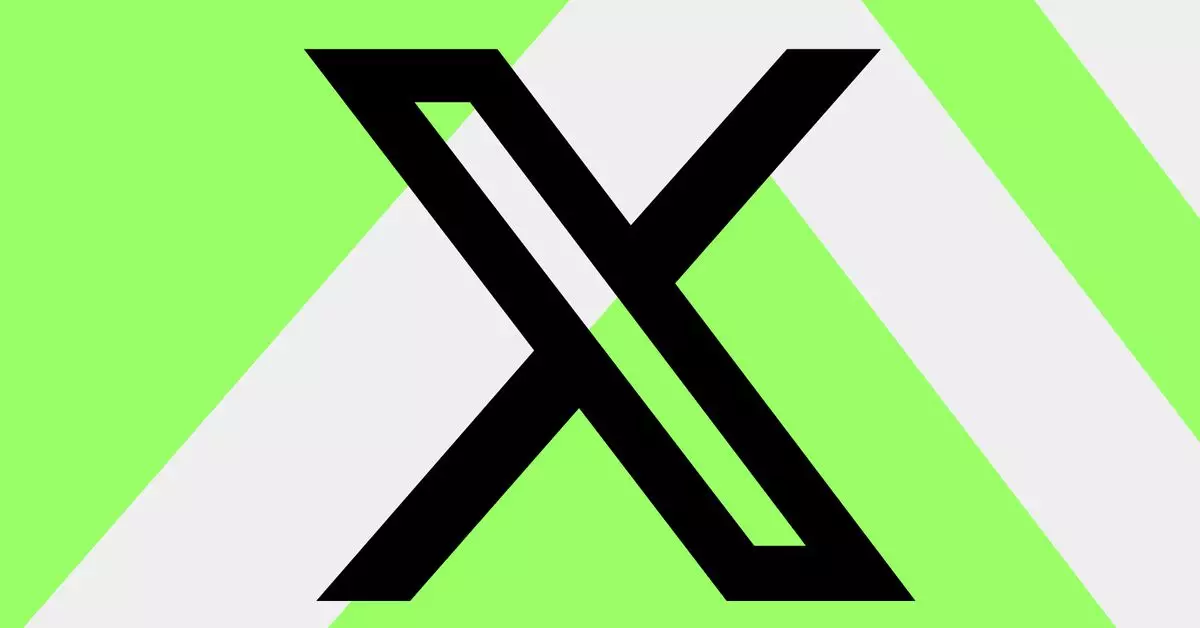In recent months, X, formerly known as Twitter, has found itself embroiled in a tumultuous relationship with Brazilian authorities concerning the platform’s role in the nation’s democratic integrity. The platform, under the ownership of Elon Musk, has become a focal point for debates surrounding free speech and the accountability of social media companies. Brazilian officials, particularly the Supreme Court, have mandated changes to ensure that X minimizes its impact on democratic processes, which has led to a nationwide ban on the platform due to its non-compliance.
Initially, X resisted these demands, opting to maintain its stance on free speech, a principle that Musk has fervently defended. However, the company’s unwavering position proved ineffectual as Brazilian Internet Service Providers (ISPs) implemented a blockage of the platform. With mounting pressure and governmental intervention, X began reevaluating its legal strategy. Engaging new legal representatives, X eventually made the decision to comply with certain court orders in an effort to restore its presence in Brazil. This pivot is significant, as it reflects the tension between the defense of free expression and the legal responsibilities companies have to respect local regulations.
The developments culminated in a court filing from X’s lawyers indicating that the company would adhere to the Supreme Court’s requests. X has reportedly undertaken actions such as removing specified accounts deemed harmful to Brazil’s democracy, fulfilling previously ignored directives, and appointing a formal representative in Brazil. This compliance not only aims to lift the ban on the platform but also raises essential questions about the extent to which social media corporations should align with governmental demands, especially when such demands touch upon the controversial notion of ‘threats to democracy.’
As X continues to navigate this complex landscape, the forthcoming five days will be critical for the platform’s reintegration into Brazilian society. Their compliance signals a willingness to adapt but also opens discussions on the implications for user freedom and information distribution. While Musk’s vision emphasizes an unwavering commitment to free speech, this situation illustrates the dichotomy that exists when balancing corporate practices with societal norms and legal standards.
Overall, the saga of X in Brazil underscores a pivotal moment in the intersection of technology and governance. The outcome will not only affect X’s operational capabilities but may also set precedents for how social media platforms operate in foreign markets amid varying regulatory environments. As both advocates of free speech and legal compliance continue to scrutinize these developments, the resolution could redefine user engagement and the accountability of platforms, not just in Brazil but globally.

